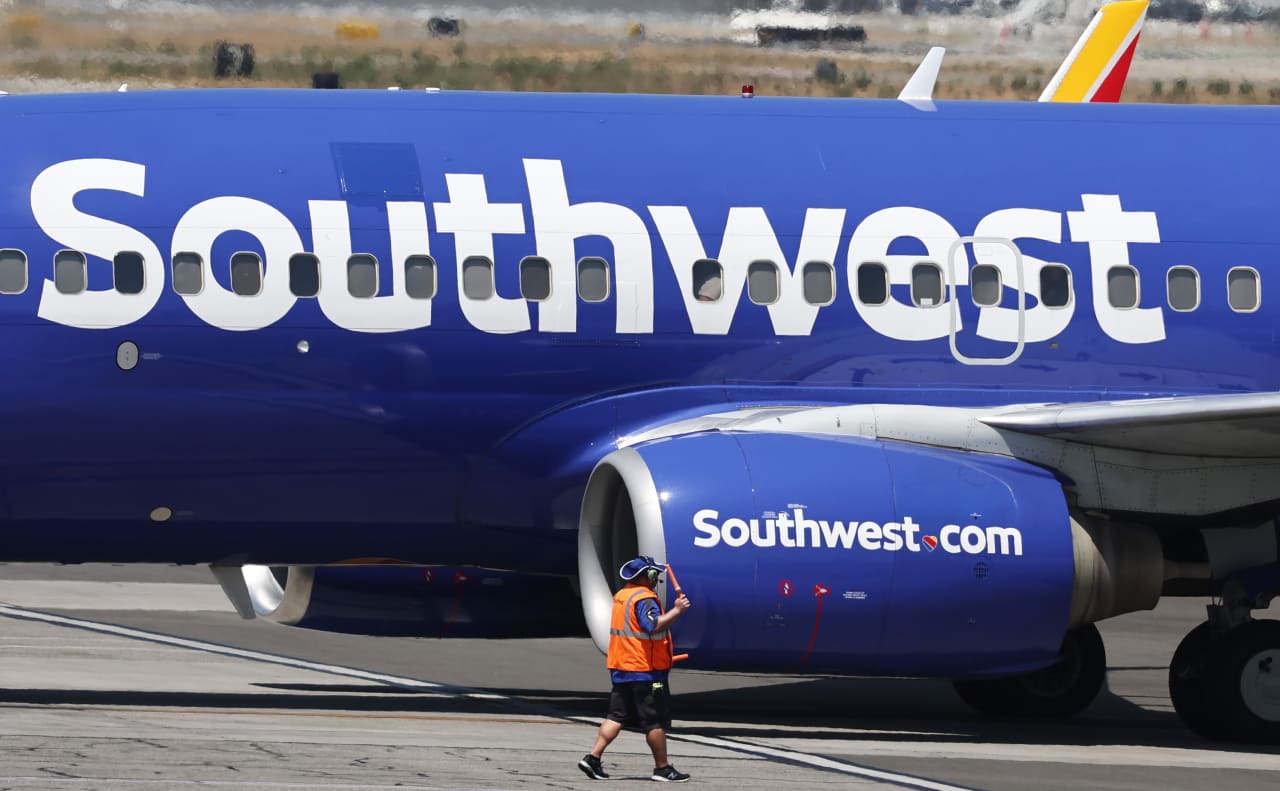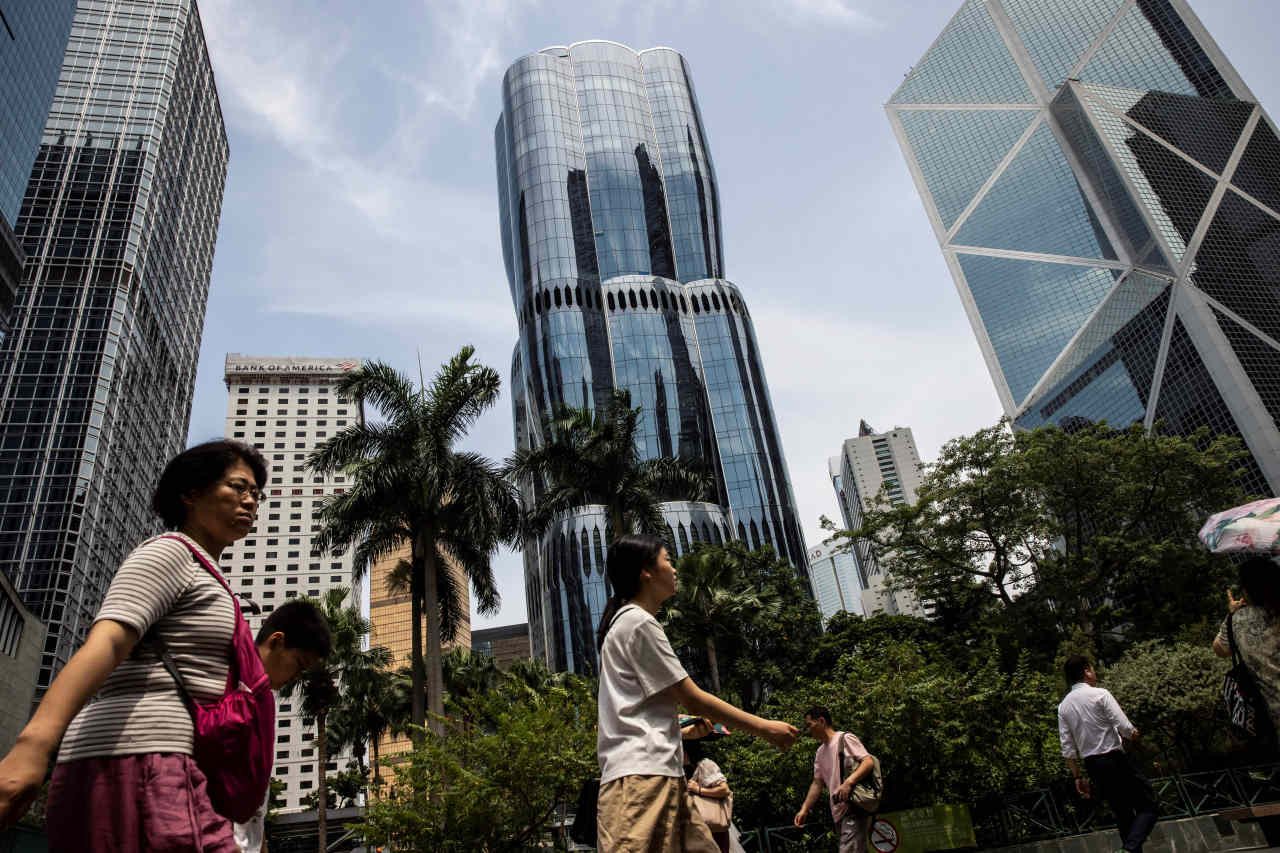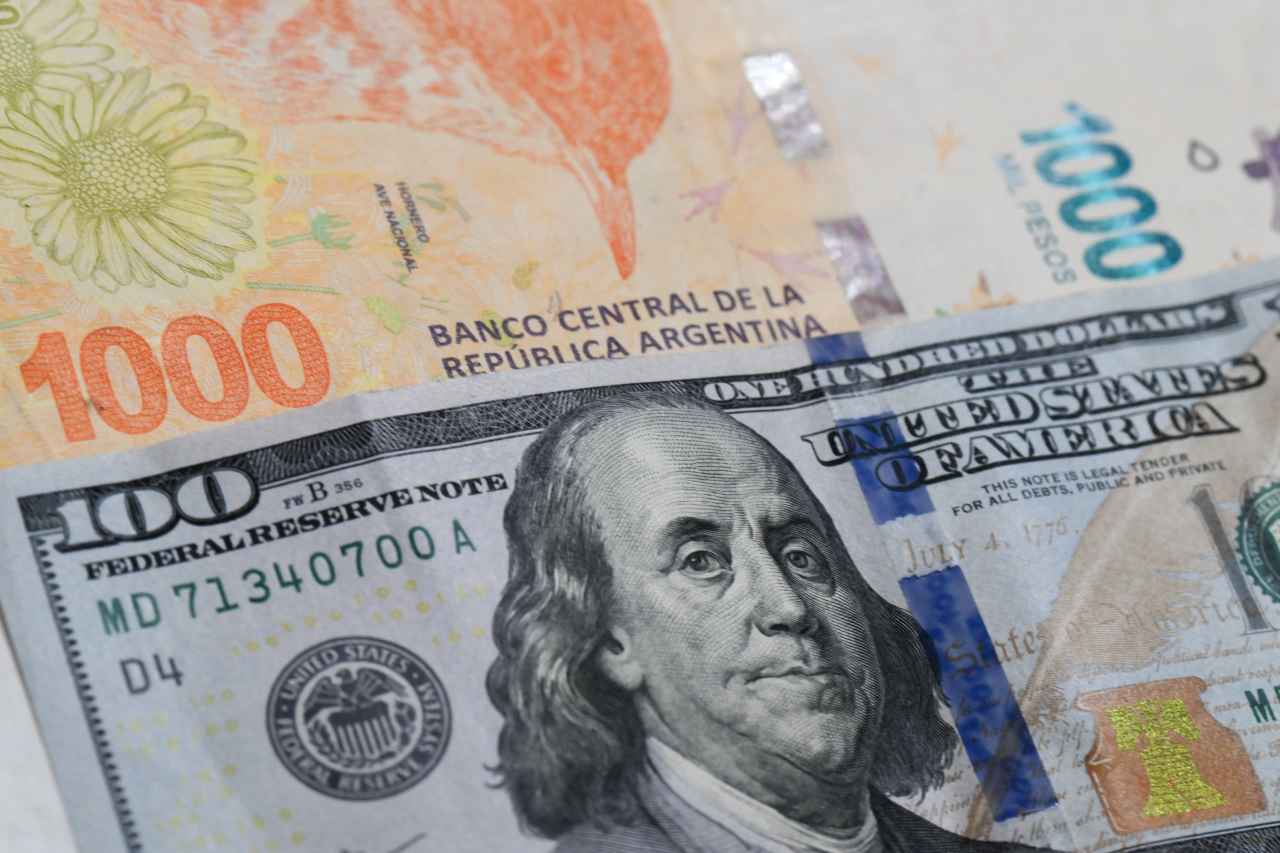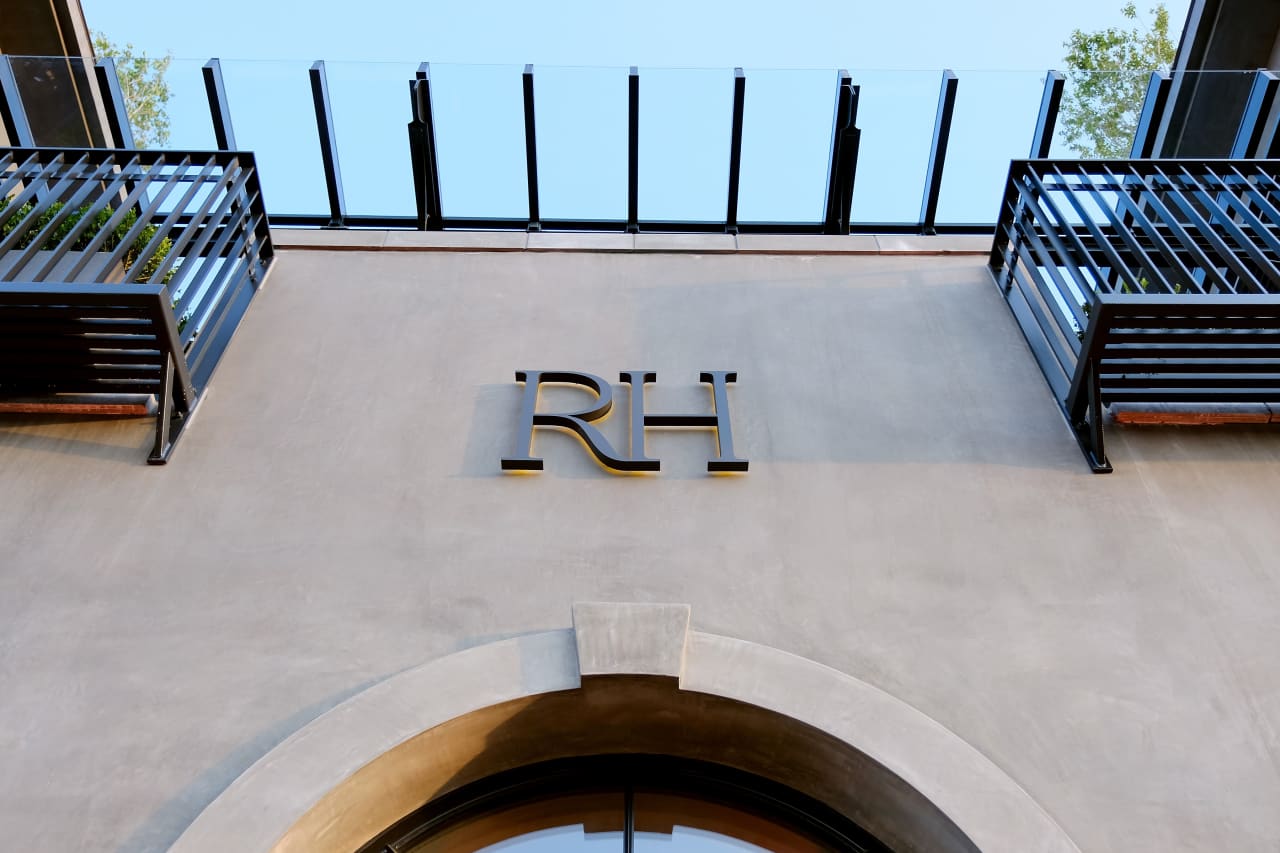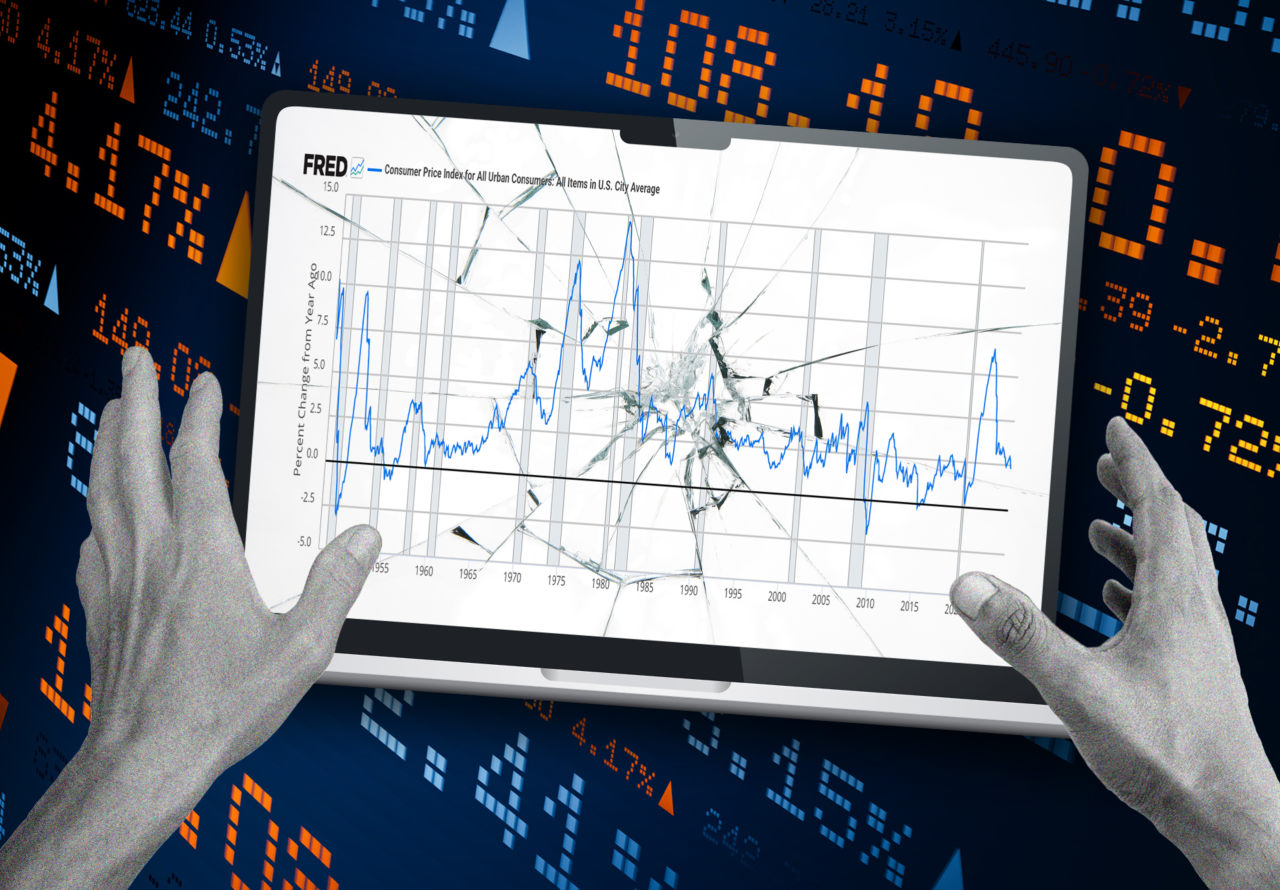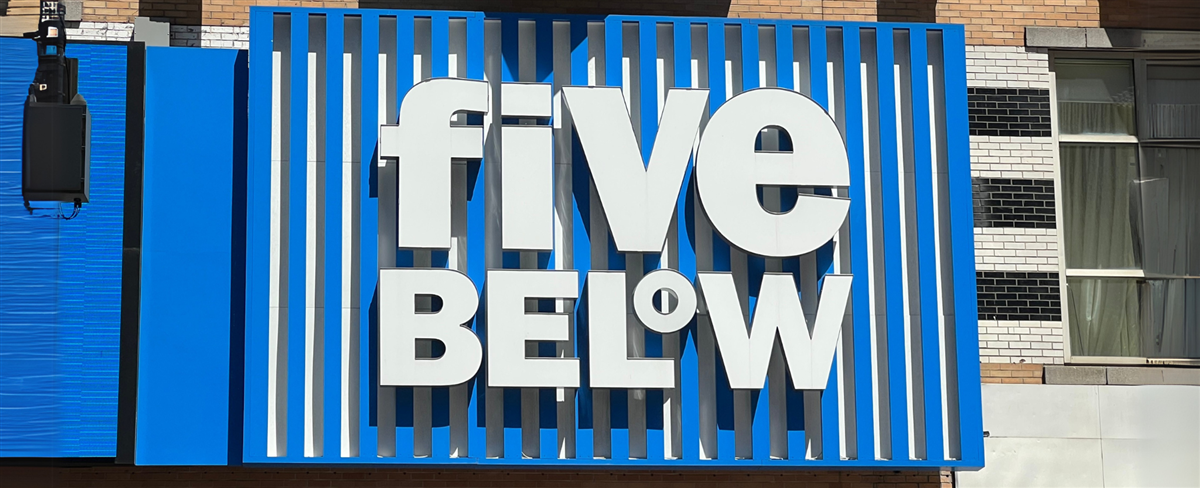A logo on the exterior of a Vodafone Group Plc store in London, UK, on Monday, May 13, 2024.
Bloomberg | Bloomberg | Getty Images
This report is from the first-ever edition of CNBC’s UK Exchange newsletter. Each Wednesday, Ian King brings you expert insights on the most important business stories from the U.K. and the key personalities shaping the news. Along with a deep dive into these top stories, the newsletter highlights key developments in the U.K. and essential events that are set to make waves. Like what you see? You can subscribe here.
The dispatch
Long-term followers of Vodafone could have been forgiven for feeling a touch of déjà vu as they surveyed the mobile operator’s full-year results last week.
Of particular interest was the assertion by Chief Executive Margherita Della Valle that Vodafone is at an “inflexion point.”
That was reminiscent of how in July 2019 the company, then led by Nick Read, Della Valle’s predecessor, claimed it had reached a “turning point” in its financial performance.
Or, further back, the moment in November 2015 when Vittorio Colao, Read’s charismatic predecessor, suggested Vodafone had reached an “important turning point.”
Such comparisons might be considered unfair. But they underline just how long this company has been disappointing investors.
Vodafone’s fortunes are an apt metaphor not just for corporate Britain, but the country as a whole.
The company as we know it today was born in 1982 when, as part of her drive to widen consumer choice, former British Prime Minister Margaret Thatcher awarded Racal Electronics, a military radio specialist, one of two licenses to run what was then called cellular telephone networks (the other went to the then state-owned British Telecom).
After being demerged and renamed Vodafone, it expanded overseas in the late 1990s under Chief Executive Chris Gent just as Tony Blair, Britain’s youngest prime minister in nearly 200 years, was wowing diplomatic circles.
This was an exciting time to be reporting on Vodafone’s fortunes. It covered the blockbuster $66 billion acquisition of Airtouch, taking Vodafone into the U.S. and other key markets, and the purchase of German mobile operator Mannesmann, valued around $180 billion — the biggest-ever takeover by a British company and the largest foreign takeover of a German company.
It confirmed Vodafone as the world’s largest mobile operator and the biggest company in the FTSE 100 index.
That it is, at the time of writing, the 31st most valuable company in the FTSE gives you an idea of what happened next.
From expansion to retrenchment — and a record-breaking annual loss
After years of flag-planting in foreign territories, a long period of retrenchment under Gent’s successor Arun Sarin began.
The next decade was marked by disposals and, crucially, write-downs in the valuation of previously acquired assets. Vodafone set another record — this time, unwanted — when, in May 2006, it reported an annual loss of £14.85 billion ($20.13 billion at current prices), the biggest ever for a U.K. company (Royal Bank of Scotland and BP have both since broken the record).
Vodafone gradually retreated from some important markets, most notably the U.S., where in September 2013 it sold its 45% stake in Verizon Wireless for £130 billion. More recently it has exited Italy — previously one of its biggest markets — and Spain.
There are two major exceptions where Vodafone has continued to expand.
The first is Germany, where in 2018 it acquired Liberty Global’s cable assets to become the biggest cable operator and second-largest player in converged fixed-line and broadband services after the market leader, Deutsche Telekom.
The second is Vodafone’s home market, the U.K., where at the end of last year it was finally allowed to pool its operations with those of Hong Kong-owned Three UK, reducing the number of players in the market from four to three. This is expected to be transformative in a market that, for many years, has been pockmarked by low investment returns.
So the modern Vodafone is smaller than it once was — just as the U.K. economy now feels rather less globally significant than in the recent past.
It also means the company is far more dependent on just a handful of markets.
If shareholders have not exactly benefited from their exposure to Vodafone — shares are down around 40% over the last five years — it is still providing plenty of business for brokers.
It has just completed a 2 billion euro ($2.27 billion) share buyback program and last week announced a fresh 2 billion euro scheme. Investment bankers, who have also enjoyed plenty of fees from Vodafone over the years, will be hoping that the European Commission’s ongoing review of merger guidelines leads to further consolidation activity.
For investors, though, the big question is whether Della Valle’s assertion last week of an inflexion point is justified.
She can argue, reasonably, that Vodafone is now a simpler business and one that is outperforming rivals in key markets. She can also say, again with some justification, that Vodafone has begun to improve its customer experience — which she identified as her chief priority when she took over as chief executive two years ago.
While heavily dependent on mature European economies, Vodafone also retains market-leading positions in a number of big African markets such as South Africa, Kenya and Mozambique. Africa currently accounts for 20% of Vodafone’s revenues but is expected to grow in importance. Turkey, where the company is the second-largest operator and which now accounts for around 8% of group revenues, also offers much promise.
And yet Vodafone remains a deeply frustrating company.
Rather than traditional metrics such as operating profit, it prefers investors to focus on free cash flow and a baffling measurement called EBITDAal (earnings before interest, taxes, depreciation and amortization, after leases). Yet, even on this metric, the numbers went backward in the latest financial year.
There always seems to be something dragging on the bottom line, whether it be hyperinflation in Turkey, write-downs in Romania or a change in cable TV contracts in apartment blocks in Germany.
The latter, Vodafone’s biggest single market, is crucial in determining investor sentiment toward Vodafone. Should new Chancellor Friedrich Merz’s fiscal loosening stimulate the German economy, Vodafone ought to benefit.
But this is a company that has seen countless false dawns and investors, mindful of its recent past, would be wise to be cautious.
Top TV picks on CNBC
The UK government is on track and focusing on growth, says Barclays CEO
C.S. Venkatakrishnan, Barclays’ group chief executive, discusses the global economy, the bank’s business outlook, the U.K. economy, M&A and more from the Barclays Leadership Conference in London.
UK doing a ‘fairly good job’ on foreign policy and trade deals, economist says
Kallum Pickering, chief economist at Peel Hunt, discusses the recent trade deals the U.K. has agreed with the U.S., India and European Union.
Most Brits want UK and EU to have a more pragmatic relationship, Jonathan Portes says
Jonathan Portes, professor of Economics and Public Policy at the School of Politics & Economics at King’s College and London senior fellow at UK in a Changing Europe, reacts to emerging details around the U.K.-EU reset deal.
— Katrina Bishop
Need to know
In the markets
After a downbeat couple of months dominated by global tariff fears, U.K. stock markets are back on the up in May. The FTSE 100 is currently on course for a gain of around 2.6% this month, which would be its best performance since January. The more domestic-oriented FTSE 250 is over 4% higher over the month to date.
The performance of the Financial Times Stock Exchange 100 Index over the past year.
It’s also been a strong month for sterling, which has climbed against both the euro and U.S. dollar. These moves were boosted over the last week by better-than-expected retail sales data, consumer confidence and energy prices, which are set to fall more than previously thought.
There was also a surge in inflation to 3.5% in April from 2.6% in March, leading investors to expect more caution from the Bank of England in cutting interest rates this year — with higher rates generally good news for the home currency.
A final tailwind for U.K. assets was provided by Westminster’s trade deal with the White House, establishing a 10% baseline tariff rate on its U.S.-bound exports while most other countries remain mired in negotiations.
U.K. government borrowing costs have ticked higher this month, in step with much of the rest of the world. The yields on U.K. bonds, known as gilts, are little changed this week — but investors are monitoring a report from the Financial Times that the U.K.’s Debt Management Office is pivoting to more shorter-term borrowing as demand wanes for longer-dated debt.
— Jenni Reid
